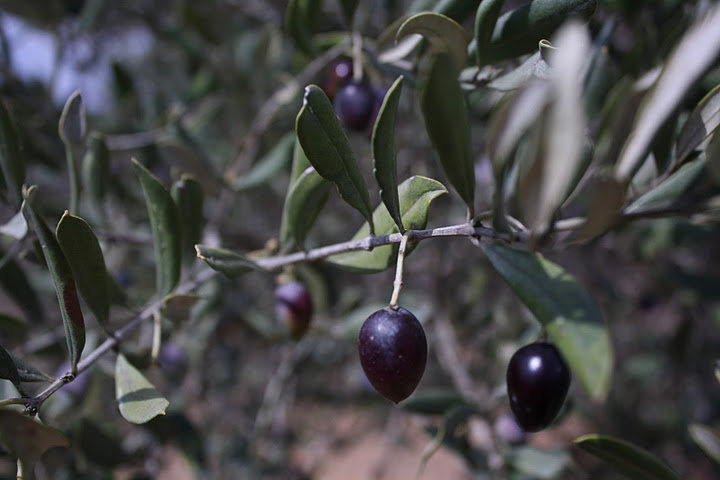Tag: Israeli District Coordination Office
-
Israel shifts Oslo accord borders to continue to prevent Palestinians from using their land and building homes
10th August 2013 | International Solidarity Movement, Nablus Team | Huwwara, Occupied Palestine Maher from the village of Huwwara close to Nablus, is one of many Palestinians who has been tricked into thinking that Palestinians have the power to issue building permits in areas labelled as ‘B’ under the Oslo accords. Maher owns land designated…
-
A land divided: Gate closures for Salim’s olive harvest by IOF
3 October 2011 | International Solidarity Movement, West Bank As Palestinians in Salim began the first day of their annual olive harvest this morning, October 2nd, Israeli Occupation Forces locked the gate which gives those living in Salim access to their olive trees. The gate was unlocked at 7:00am to allow farmers to reach their…

